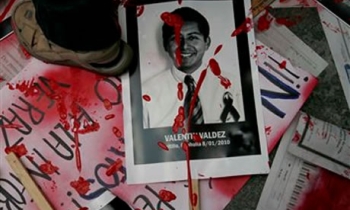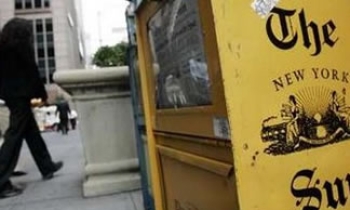Conrad Black, the former head of Hollinger, has had his worldwide assets frozen and his income restricted to $20,000 (£10,500) a month. The assets of his wife, Barbara Amiel, have also reportedly been frozen.
A court in Ontario issued the freeze at the request of Hollinger Inc, the Canadian company through which Lord Black of Crossharbour once owned the Telegraph newspaper titles and which earlier this year sued him and other former executives for $700m. Their legal action accuses the former media tycoon of widespread asset stripping.
As a result of the freeze, ordered last week by Mr Justice Colin Campbell of the Ontario Superior Court but revealed only yesterday, Lord Black will have limited access to his cash and would have to seek court approval for virtually all of his expenditure.
Reports suggest most of Lord Black's assets in the US are already tied up as part of the bail conditions related to a criminal case taking place in Chicago against him and other former executives of the US-based Hollinger International, now called Sun-Times Media Inc, which Lord Black controlled through Hollinger Inc. Lord Black and the others face several charges including fraud over allegations they took $84m from the company.
Lord Black and the others have pleaded not guilty He is currently free on a $21m bail bond secured primarily by his home in Palm Beach, Florida, which is worth an estimated $35m.
Sources quoted by reports in Canada said Hollinger sought the freezing order - known as a "mareva injunction" in Canada - because of fears that the case it is pursuing could drag on through the courts for some time, during which Lord Black's assets might disappear.
The reports yesterday said it was anticipated Judge Campbell will hold a hearing soon to provide Lord Black's lawyers with an opportunity to respond to the injunction. The judge could then drop the injunction or modify it.
The Telegraph Group was sold to the brothers David and Frederick Barclay two year ago.









